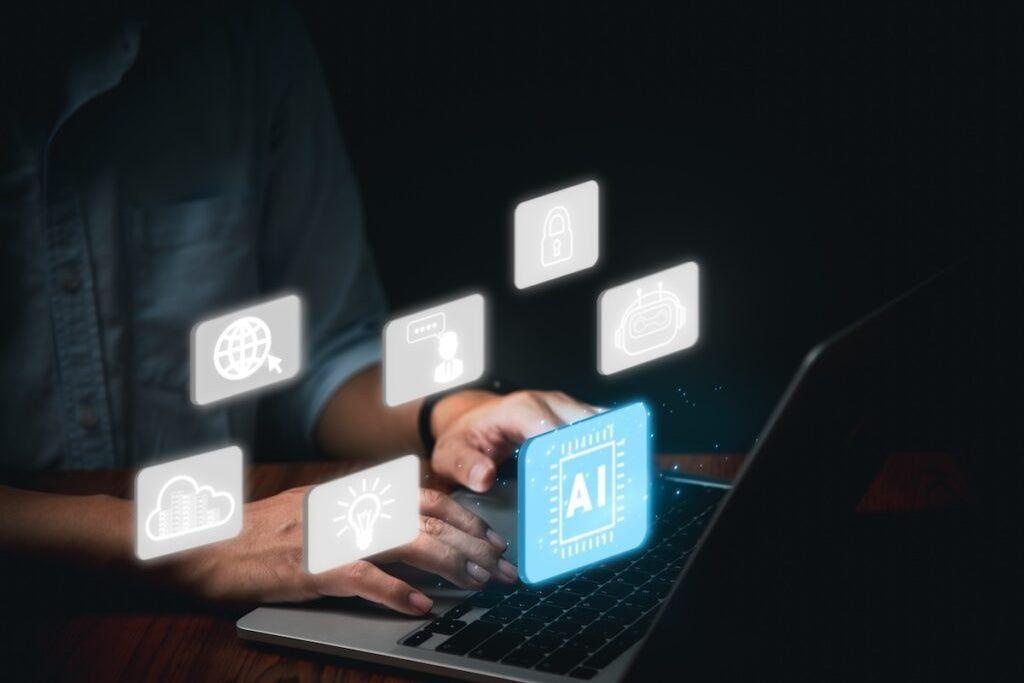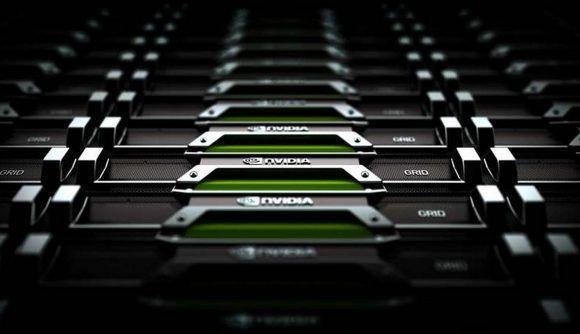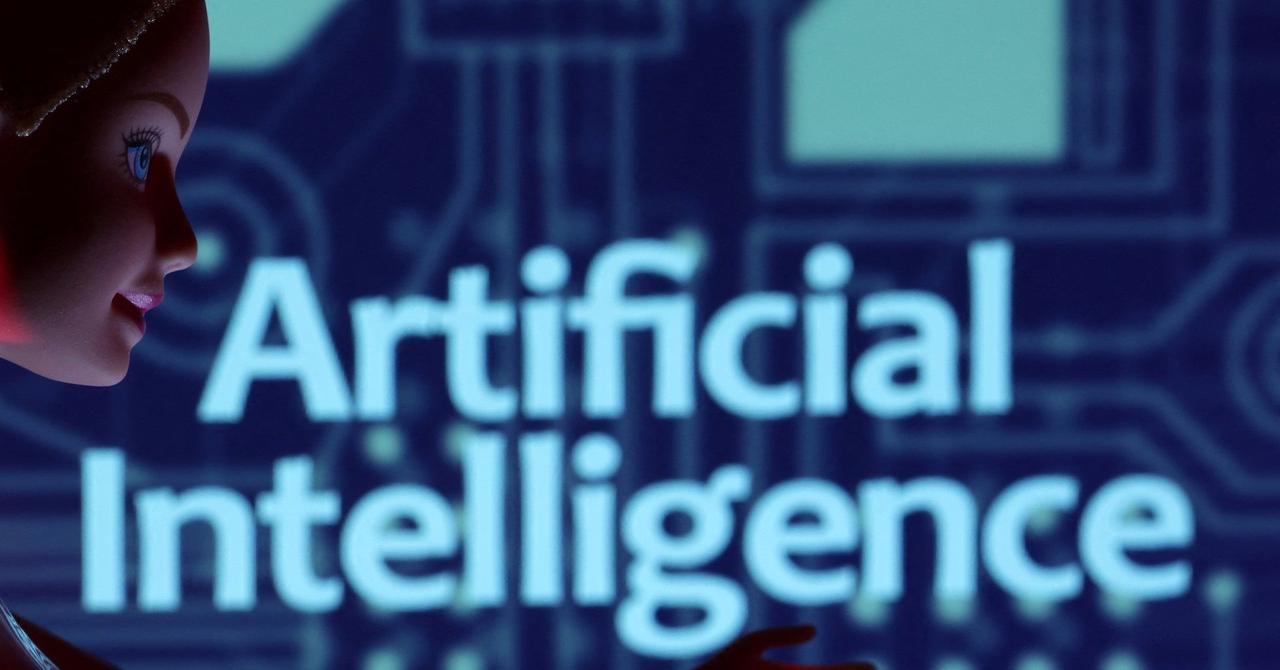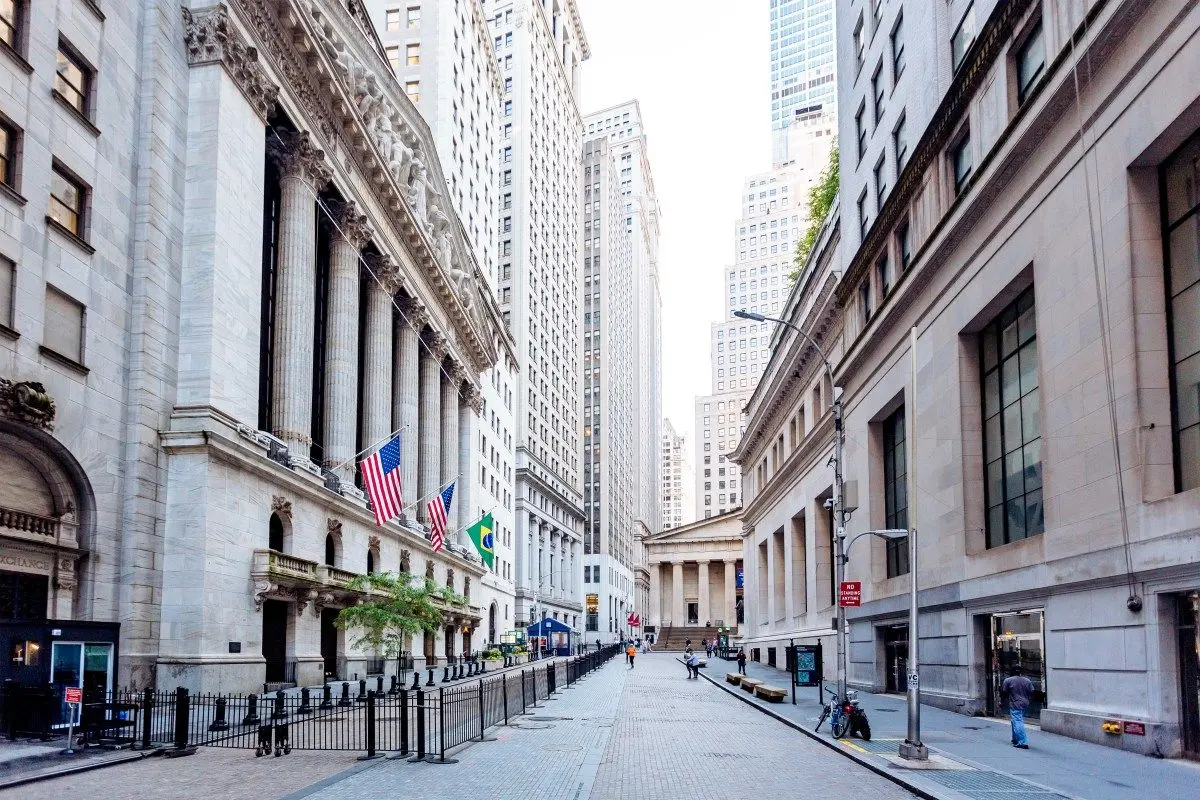AI Job Displacement Fears Overhyped, Says Trump's AI Czar David Sacks
2 Sources
2 Sources
[1]
Trump's crypto-AI tsar David Sacks: AI job loss is 'overhyped'
David Sacks says fears that AI will overtake human jobs are overblown, while a recent Microsoft study has flagged the top roles at risk. White House AI and crypto czar David Sacks has pushed back on growing fears that AI will wipe out large swathes of the workforce, arguing it still relies heavily on human supervision to generate real business value. His comments come after Microsoft researchers unveiled a list of the 40 positions most likely to be replaced by AI, some of which are roles also found within the crypto industry. But Sacks said the "AI job loss narrative is overhyped," pointing out in a Saturday post on X that AI still needs to be prompted and verified to "drive business value." AI does the middle-to-middle work, while humans manage the end-to-end processes, he said. The Microsoft Research study found that knowledge-based occupations such as news analysts, reporters, journalists and technical writers are among the most impacted by AI in the future, roles that can also be found in the crypto industry. Customer service representatives were also high on the list. The Microsoft researchers analyzed 200,000 anonymized Microsoft Bing Copilot chats to study real-world AI use, finding it's mostly applied to information-gathering, writing, advising and teaching. They then assessed how effectively AI completes specific tasks to calculate an "AI applicability score" for various roles. The reporting and writing roles received scores between 0.38 and 0.39, while the more data-driven market research analyst and data scientist roles were on the lower end of the spectrum, between 0.35 and 0.36. The study comes as the US Department of Labor reported just 73,000 new jobs added in July -- far short of the 100,000 estimates by Dow Jones. Balaji argued that AI is still constrained: "Today's AI is not truly agentic because it's not truly independent of you," he said, adding: "AI doesn't take your job, it lets you do any job." If it replaces anything, it's the job of the previous AI, Balaji said: "For example: Midjourney took Stable Diffusion's job, and GPT-4 took GPT-3's job. Once you have a slot in your workflow for AI image generation, AI code generation, or the like, you just allocate that spend to the latest model. Hence, AI takes the job of the previous AI."
[2]
Trump's AI Czar Says Tech Behind Chatbots Won't Kill Jobs: 'Narrative Is Overhyped' - NVIDIA (NASDAQ:NVDA)
As debates over AI-driven job displacement intensify, Silicon Valley investor and economic commentator Balaji Srinivasan and White House AI and crypto czar David Sacks say the real story is that humans remain essential, guiding and verifying AI at both ends of the workflow. What Happened: In a series of posts on X in June, Srinivasan challenged the popular notion that AI can work autonomously from start to finish. "AI doesn't do it end-to-end. It does it middle-to-middle," he wrote. "The new bottlenecks are prompting and verifying." Srinivasan emphasized that AI prompting is scalable because it involves just typing, but verification, ensuring the AI's output is accurate and usable, is not. "Verifying AI output involves much more than just typing," he said. "For anything subtle, you need to read the code or text deeply." He added that this opens up a whole new category of roles: "AI will create many jobs in the broad area of verifying AI -- proof of human, proof of authenticity, proof the output is not AI, proof the output is actually right." On Sunday, Sacks echoed the sentiment, writing, "Why the AI job loss narrative is overhyped: AI models still need to be prompted and verified, often iteratively, to drive business value." See Also: 61-Year-Old Was Thrilled To Be Laid Off And Start Retirement -- Until Their Employer Offered A Role They'd Always Wanted Why It Matters: These comments come amid a broader debate about the impact of AI on the job market. In July, Nvidia Corp. NVDA CEO Jensen Huang said that AI will not eliminate jobs but rather transform them by automating mundane tasks and boosting productivity. He called AI "the greatest technology equalizer of all time" and warned that those who don't embrace it risk being left behind. Same month, Vice President JD Vance said the Donald Trump administration aims to lead in AI by promoting innovation and reducing overregulation. He criticized the Joe Biden administration and Europe for being too fearful of AI's risks, arguing that embracing AI will drive job growth and productivity. Last month, ARK Invest CEO Cathie Wood warned that AI is disrupting entry-level jobs and contributing to rising unemployment among new college graduates. Citing a jump in recent graduate jobless rates to over 6%, she urged job seekers to upskill in AI to stay competitive as automation reshapes the labor market. Read Next: Dormant Bitcoin Whale Awakens After 14 Years, Moves $469.8 Million Worth of BTC Photo Courtesy: khunkornStudio on Shutterstock.com Disclaimer: This content was partially produced with the help of AI tools and was reviewed and published by Benzinga editors. NVDANVIDIA Corp$172.51-3.01%Stock Score Locked: Want to See it? Benzinga Rankings give you vital metrics on any stock - anytime. Reveal Full ScoreEdge RankingsMomentum92.07Growth98.88QualityN/AValue6.33Price TrendShortMediumLongOverviewMarket News and Data brought to you by Benzinga APIs
Share
Share
Copy Link
David Sacks and other tech leaders argue that AI still requires significant human involvement, challenging the narrative of widespread job losses due to artificial intelligence.
AI's Impact on Jobs: A Nuanced Perspective
In the ongoing debate about artificial intelligence (AI) and its potential impact on the job market, prominent figures in the tech industry are challenging the narrative of widespread job displacement. David Sacks, the White House AI and crypto czar, along with other tech leaders, argue that fears of AI overtaking human jobs are largely overstated
1
.
Source: Benzinga
The Human Element in AI Workflows
Sacks emphasizes that AI still heavily relies on human supervision to generate real business value. He points out that "AI does the middle-to-middle work, while humans manage the end-to-end processes"
1
. This sentiment is echoed by Silicon Valley investor Balaji Srinivasan, who argues that AI is not truly independent and requires human input for prompting and verification2
.Srinivasan elaborates on the new bottlenecks in AI workflows: prompting and verifying. While prompting is scalable, verification requires deep reading and understanding, which cannot be easily automated
2
. This creates opportunities for new job categories in AI oversight and verification.Microsoft Study: Jobs at Risk
Despite these optimistic views, a recent Microsoft Research study has identified 40 positions most likely to be impacted by AI
1
. The study analyzed 200,000 anonymized Microsoft Bing Copilot chats to understand real-world AI applications. Knowledge-based occupations such as news analysts, reporters, journalists, and technical writers were found to be among the most affected, with AI applicability scores between 0.38 and 0.391
.Transforming Jobs, Not Eliminating Them
NVIDIA CEO Jensen Huang offers a different perspective, stating that AI will transform jobs rather than eliminate them. He describes AI as "the greatest technology equalizer of all time" and warns that those who don't embrace it risk being left behind
2
. This view aligns with the Trump administration's approach to AI, as articulated by Vice President JD Vance, who advocates for promoting innovation and reducing overregulation to drive job growth and productivity2
.Related Stories
The Need for Upskilling
As the job market evolves with AI integration, there's a growing emphasis on the need for upskilling. ARK Invest CEO Cathie Wood highlights the disruption of entry-level jobs by AI, contributing to rising unemployment among new college graduates. She urges job seekers to acquire AI skills to remain competitive in an increasingly automated labor market
2
.A Balanced View of AI's Impact
While the debate continues, the consensus among these tech leaders is that AI's impact on jobs is more nuanced than often portrayed. The technology is seen as a tool that can enhance human capabilities rather than replace them entirely. As Balaji Srinivasan succinctly puts it, "AI doesn't take your job, it lets you do any job"
1
. The challenge and opportunity lie in adapting to this new paradigm, where humans and AI work in tandem to drive innovation and productivity across various industries.References
Summarized by
Navi
[1]
Related Stories
AI's Impact on the Job Market: CEOs Predict Boom in Skilled Trades Amid White-Collar Uncertainty
03 Oct 2025•Business and Economy

AI's Impact on Jobs: Yale Study Finds No Significant Disruption in US Labor Market
01 Oct 2025•Business and Economy

AI's Impact on Tech Jobs: More Hype Than Reality?
31 Jul 2025•Technology

Recent Highlights
1
Google Gemini 3.1 Pro doubles reasoning score, beats rivals in key AI benchmarks
Technology

2
Pentagon Summons Anthropic CEO as $200M Contract Faces Supply Chain Risk Over AI Restrictions
Policy and Regulation

3
Canada Summons OpenAI Executives After ChatGPT User Became Mass Shooting Suspect
Policy and Regulation





